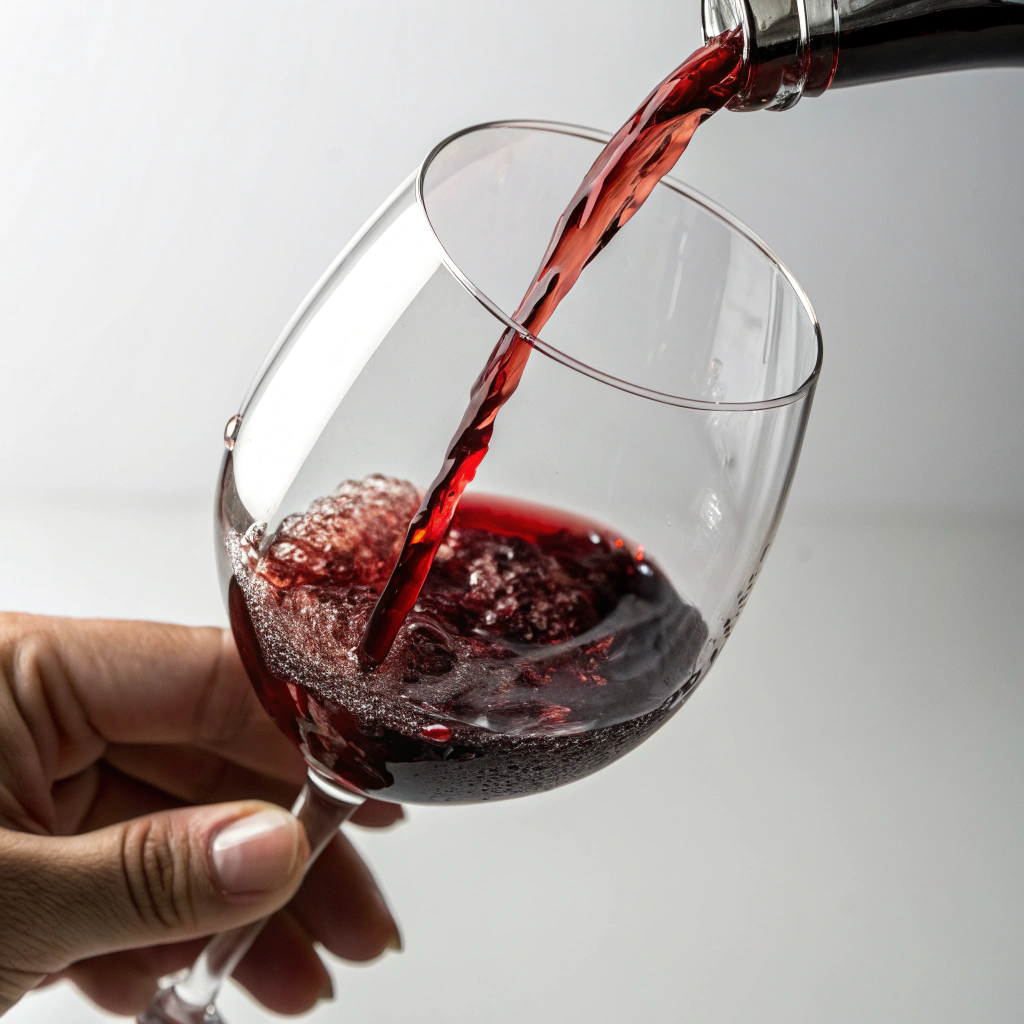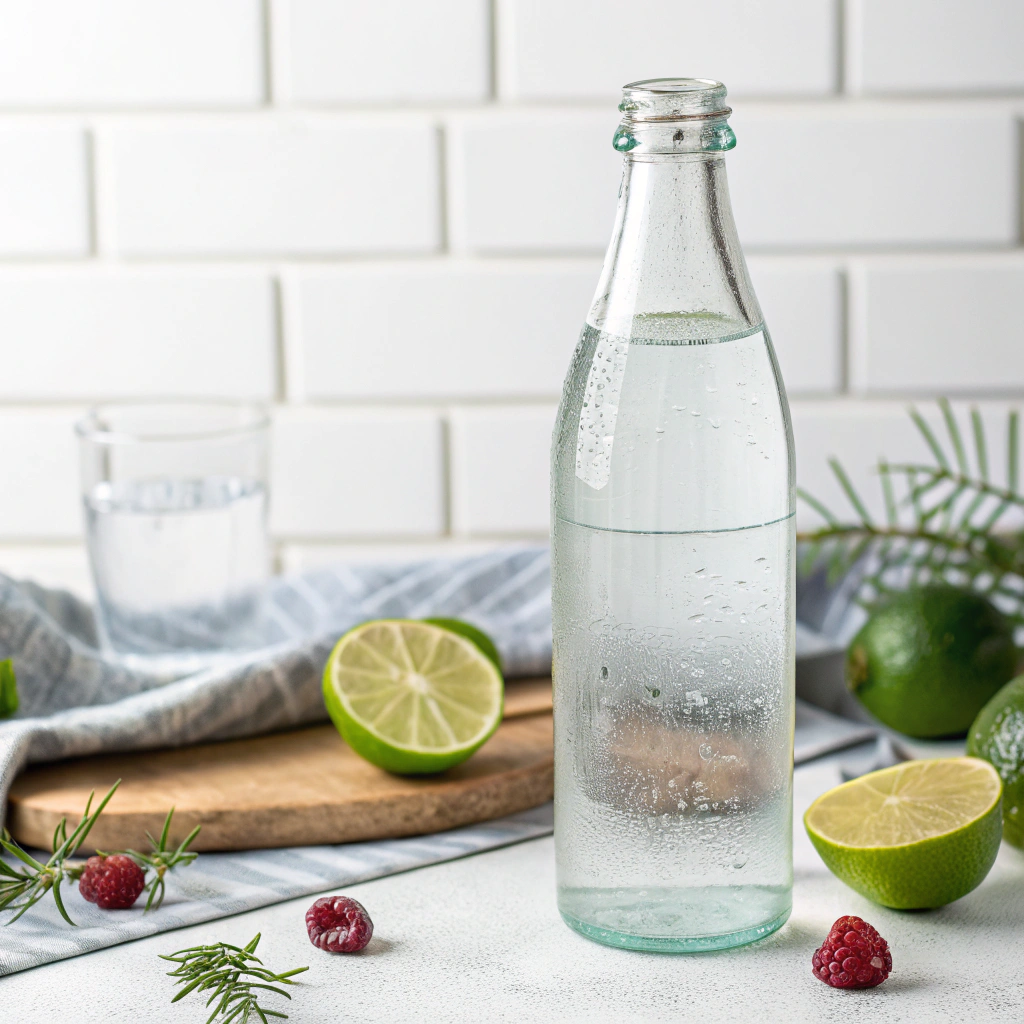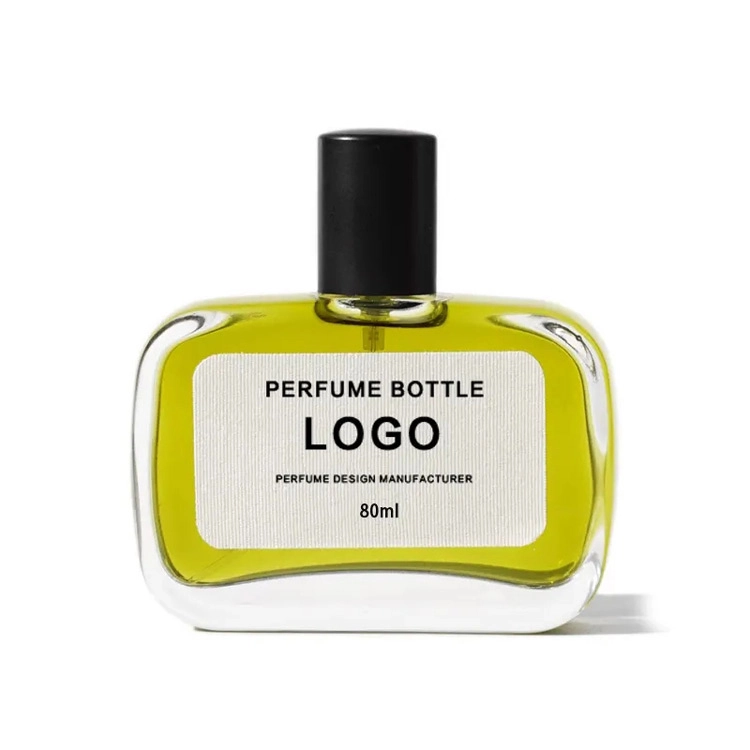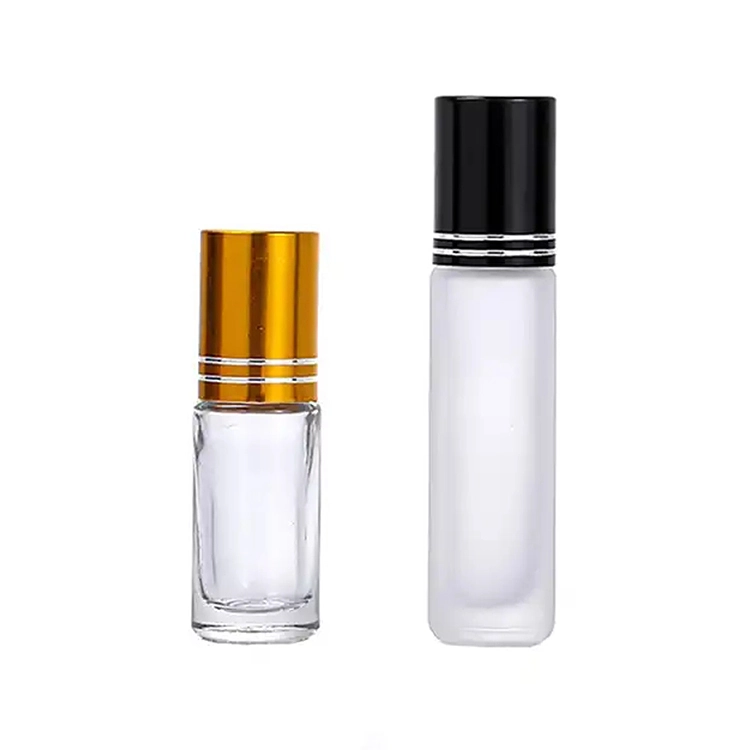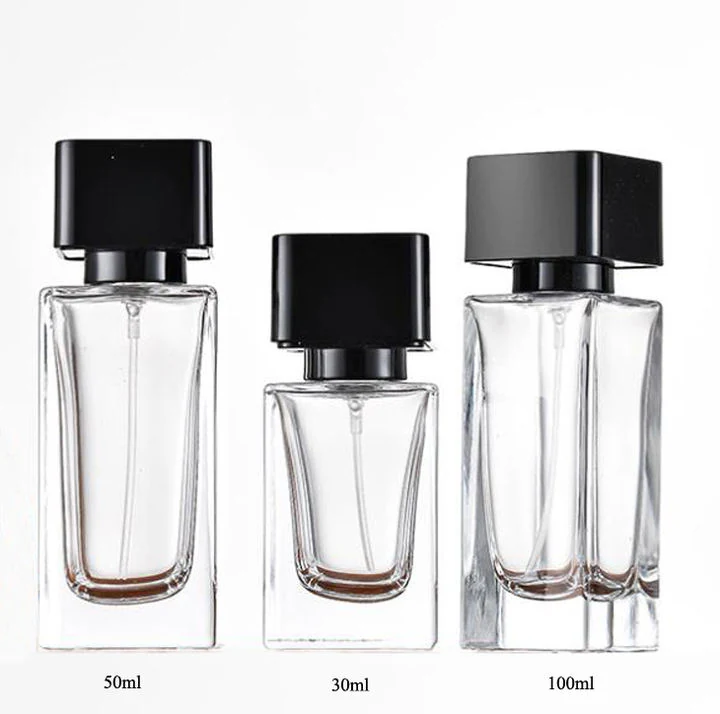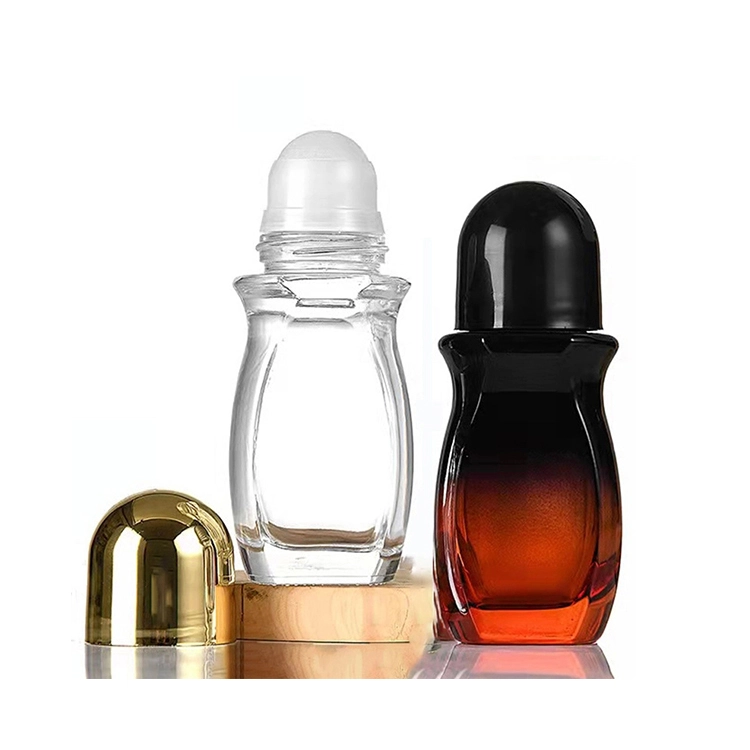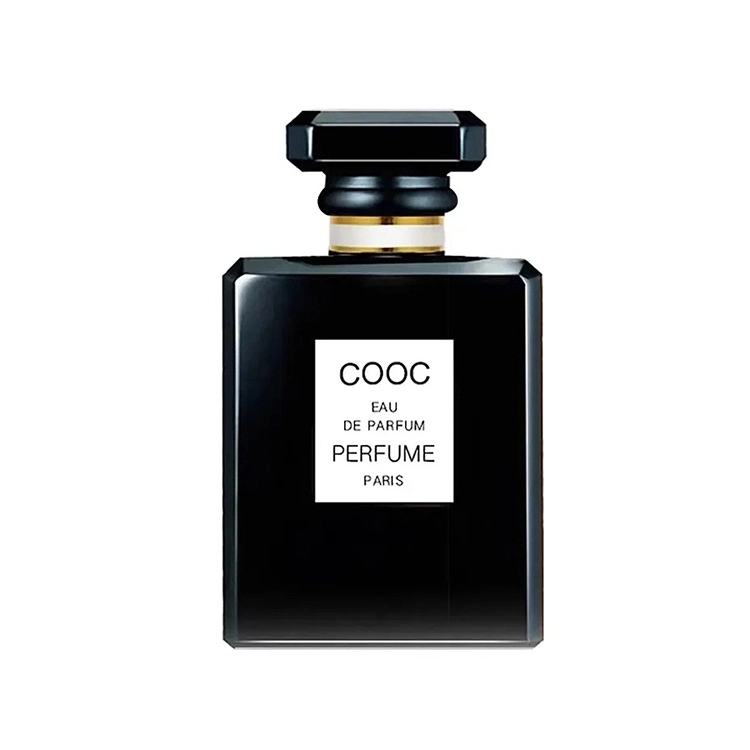
Part 1: Market Size and Growth
Equatorial Guinea’s glass bottle market is relatively small but vital for its beverage and food industries. Beer, spirits, and soft drinks are the main products packaged in glass. Tourism and hospitality also drive demand, as hotels and restaurants prefer premium glass packaging.
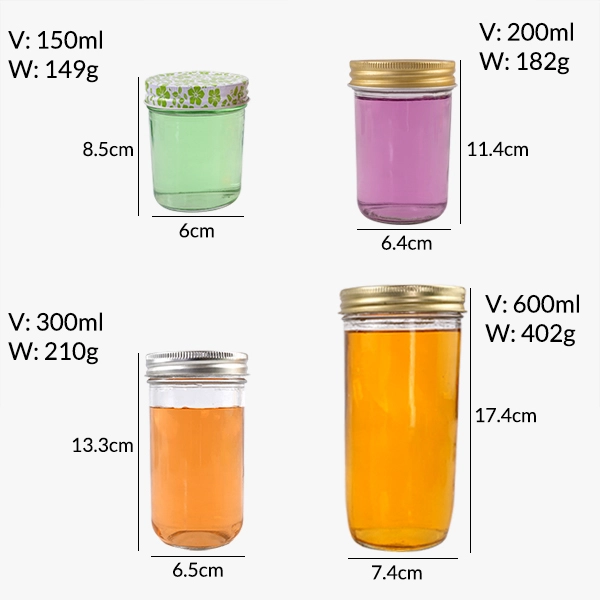
Most glass bottles are imported, primarily from Cameroon, Nigeria, and Europe. Local companies focus on bottling and branding while sourcing bottles regionally. This dependency on imports makes trade and logistics crucial.
Government policies promoting sustainability and reducing single-use plastics encourage businesses to adopt glass bottles. This aligns with global trends and supports long-term industry growth.
Part 2: Leading Companies
Cervecería de Guinea Ecuatorial (CEGE)
Cervecería de Guinea Ecuatorial, part of the Castel Group, is the largest brewery in the country. Based in Malabo, it produces popular beers and soft drinks.
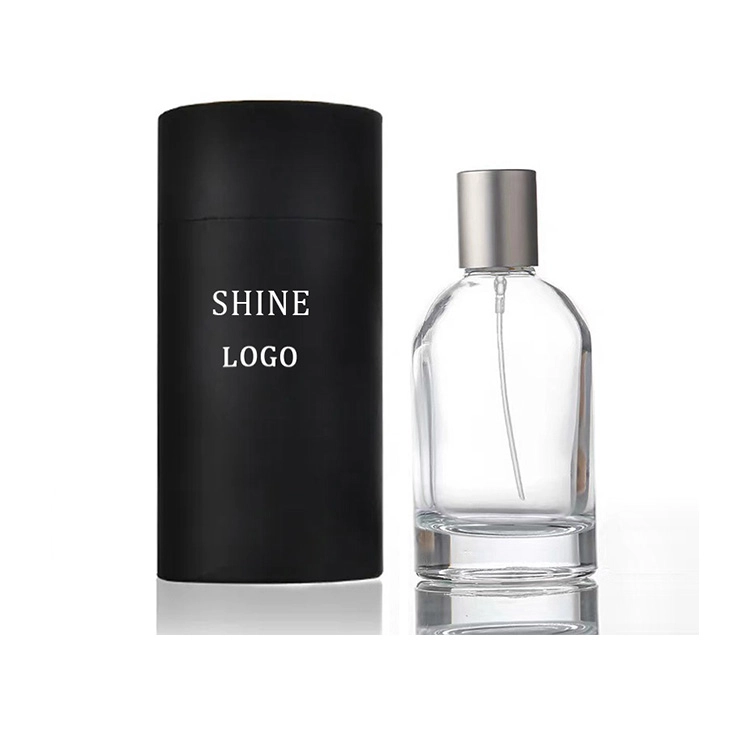
Its products include beer bottles, soda bottles, and refillable beverage containers. Glass packaging is essential for maintaining brand identity and quality.
The company runs bottle collection and reuse programs, contributing to sustainability efforts. It holds certifications for quality and compliance with Castel Group standards.
Diageo/Guinness (Regional Distribution)
International beverage companies such as Diageo distribute glass-bottled products, including Guinness Stout, through regional channels in Equatorial Guinea.
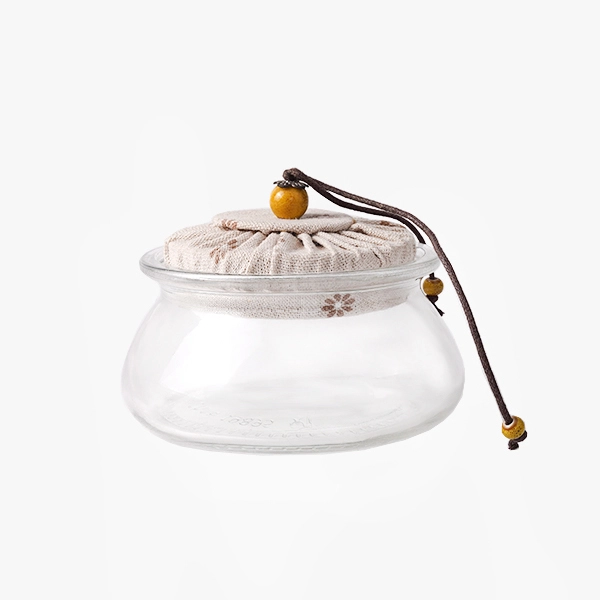
Products include premium beer and spirit bottles. These international brands depend on durable glass packaging for export credibility.
The company maintains strict global certifications for safety and branding, ensuring local products meet international standards.
Local Spirits and Agro-Food Producers
Small-scale distilleries and agro-food producers package spirits, palm wine, sauces, and condiments in glass bottles. These producers target local markets and the growing tourism sector.
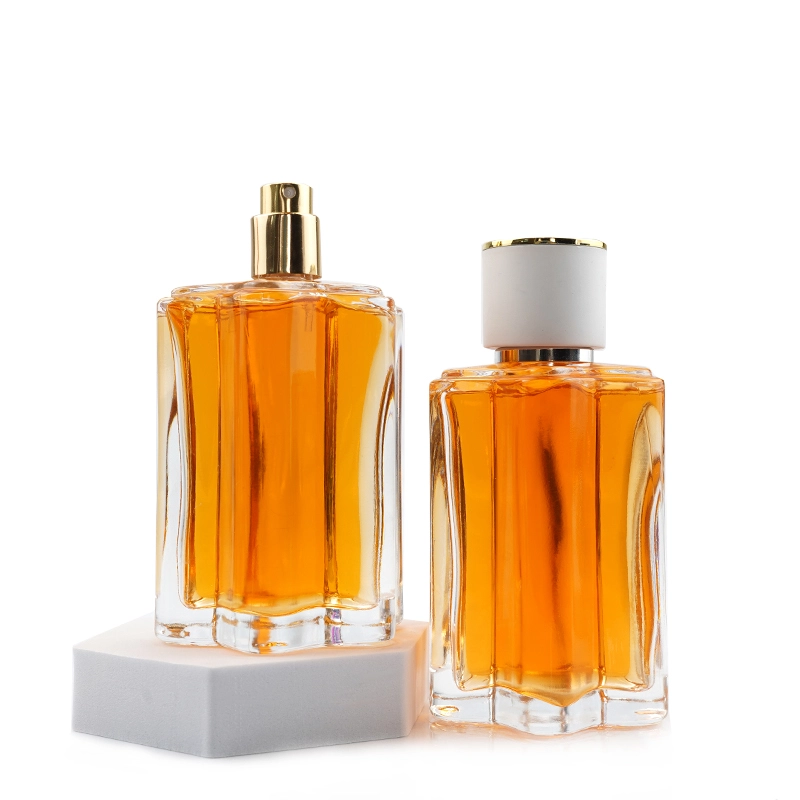
Their products include rum bottles, hot sauce bottles, and honey jars. Glass packaging enhances authenticity and premium positioning.
Many collaborate with regional suppliers for bottle imports while focusing on customized branding.
| Company | Founded | Core Products | Industries | Certifications |
|---|---|---|---|---|
| CEGE (Castel Group) | 20th century | Beer bottles, soda bottles | Breweries, beverages | Castel Group Quality Standards |
| Diageo/Guinness (Regional) | Ongoing | Premium beer & spirit bottles | Beer, spirits, exports | Global Certifications |
| Local Producers | Various | Rum bottles, sauce jars | Spirits, agro-food | Local Food Safety Standards |
Part 3: Trade Shows and Industry Events
Malabo International Trade Fair
The Malabo International Trade Fair is one of the country’s biggest commercial exhibitions. Beverage producers showcase glass-packaged products to domestic and international buyers. It is a central hub for trade and promotion.
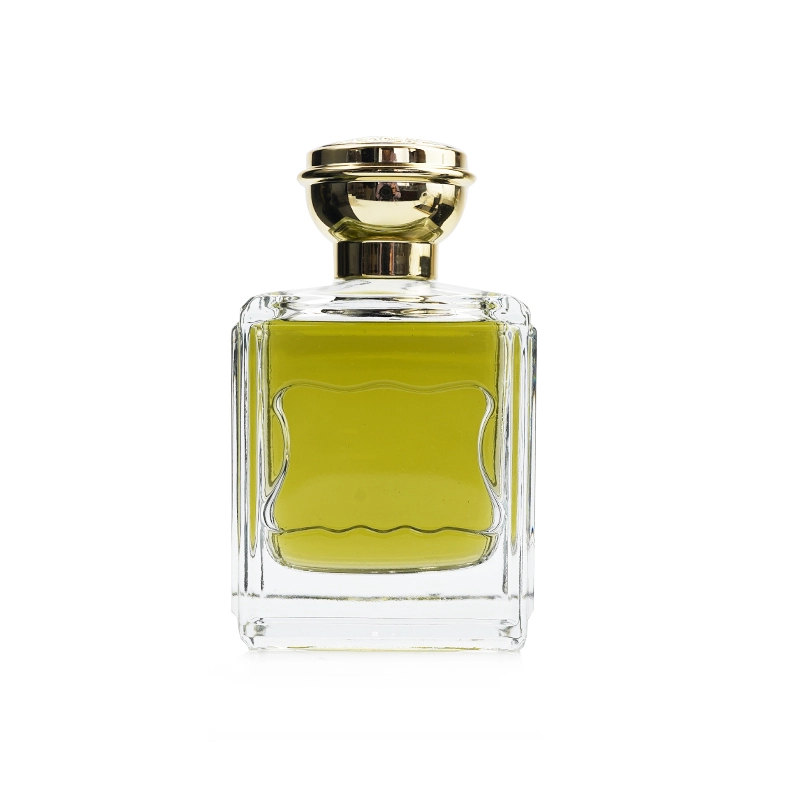
The fair is held annually and attracts exhibitors from across Central Africa. Highlights include beverage packaging, recycling initiatives, and sustainability forums.
Central Africa Agrofood Expo
Equatorial Guinean companies also participate in the Central Africa Agrofood Expo, which connects packaging suppliers with beverage and food producers. Glass packaging is a major focus, especially for beer and spirits.
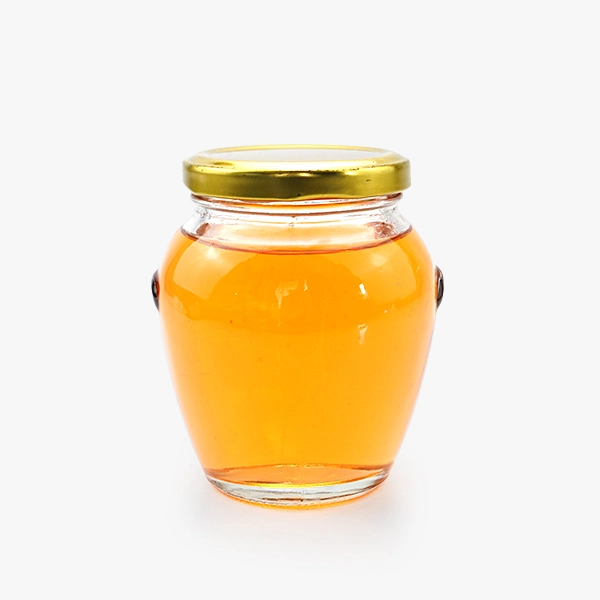
The event rotates across Central African capitals. Highlights include eco-friendly packaging, recycling solutions, and supplier-buyer networking.
| Event | Date | Location | Highlights |
|---|---|---|---|
| Malabo International Trade Fair | Annual | Malabo, Equatorial Guinea | Beverage packaging, sustainability |
| Central Africa Agrofood Expo | Annual | Central Africa (rotating) | Glass packaging, recycling, branding |
Part 4: Impact of Global Trade Policies
Equatorial Guinea depends almost entirely on imports for glass bottles. Shipping costs, tariffs, and regional trade agreements directly affect supply and pricing. This reliance creates vulnerabilities in the industry.
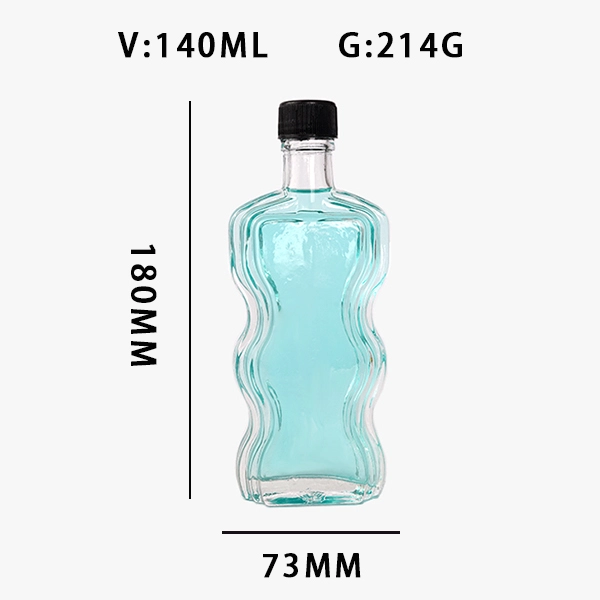
Regional trade under CEMAC (Economic and Monetary Community of Central Africa) makes it easier to import bottles from Cameroon and other nearby countries. This integration supports cost stability and reliable supply.
Global sustainability initiatives encourage companies to increase bottle reuse and recycling. By aligning with international eco-standards, local producers can strengthen their competitiveness in both domestic and export markets.
Part 5: Conclusion
Equatorial Guinea’s glass bottle industry is led by breweries like CEGE, supported by international brands and small-scale producers. Tourism, sustainability, and beverage consumption ensure steady demand.
Challenges include import dependency, high logistics costs, and limited domestic production. The future will depend on regional trade partnerships, eco-friendly innovation, and recycling infrastructure.
Recommended Reading:
- Glass Bottle Manufacturers in El Salvador
- Glass Bottle Manufacturers in Dominican Republic
- Glass Bottle Manufacturers in Romania
- Glass Bottle Manufacturers in Dominica
- Glass Bottle Manufacturers in Djibouti
- Glass Bottle Manufacturers in Cyprus
- Glass Bottle Manufacturers in Cuba
- Glass Bottle Manufacturers in Croatia
Essential Oil Bottle Luxury Empty Cosmetic 50ml Round clear Frosted
Glass Silicone Concentrate Jars & Wax Jars 5ml 10ml 20ml 30ml
130ml Beverage Bottle Wholesale
Funny Butt Shape Glass Cup – Novelty Transparent Beverage Whisky Glass

